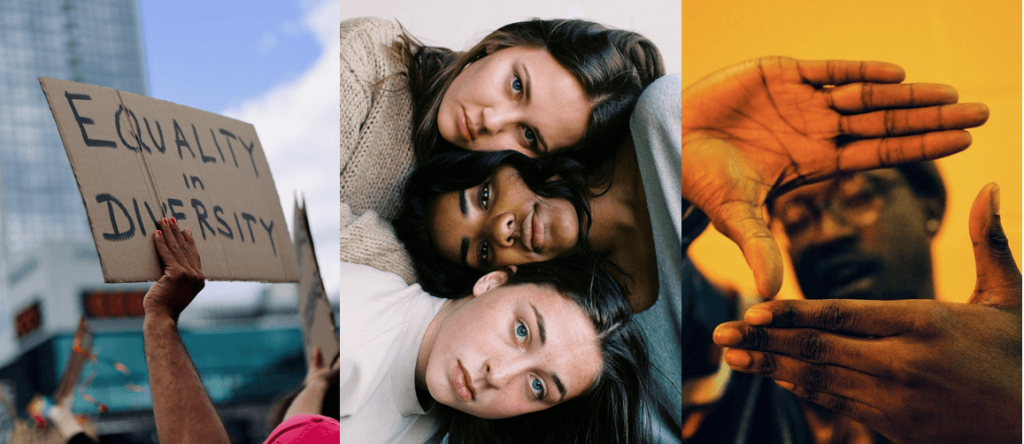The Cannes Lions International Festival of Creativity, one of the world’s leading celebrations of creativity in the communications industry is upon us and every year, thousands of creative professionals gather at Cannes for a week-long festival that showcases the best and brightest works in advertising across the globe. Over the years, the festival has become a melting pot of cultures, ideas, and perspectives. Cannes 2023 promises to be a milestone event in the global advertising industry, as it increasingly focuses on diversity in advertising. In this observation and as part of our series on the necessary transformations that advertisers must embrace to leverage the power of Creativity 2.0, we’ll explore the importance of diversity in advertising and how it is becoming an essential element in advertising campaigns and therefore business.
In the world of advertising, diversity is no longer a “nice-to-have”, but a “must-have”. The world itself is diverse, and consumers are looking for campaigns that reflect this diversity. In recent years, more and more brands recognise the importance of diversity in advertising and strive to create campaigns that appeal to a wider range of consumers. We at Flock feel passionate about it and have continued to invest in raising awareness with our clients and partners at ISBA.
Diversity in advertising means including people from different racial, ethnic, gender, sexual, and other identities in advertising campaigns. This means creating campaigns that are inclusive and respectful of all communities. To some, this might sound like a tall order, but the truth is, it’s not that hard. It just requires a shift in mindset, a willingness to learn, and a commitment to authentic representation. It has also impacted the inclusivity of those that work in the industry and even those that attend the event as driven by the amazing Cannes Diversity Collective who have been driving the agenda as far back as 2017.

One of the reasons why diversity in advertising is crucial is that it provides marketers with a path to connect with consumers on a deeper level. Advertising campaigns that represent the consumers they’re targeting can establish a sense of identification and connection. If a consumer sees someone who looks like them or belongs to their community, they’re likely to respond positively to that advertisement. People want to feel seen and represented but it must be in an authentic way. If a company can provide that sense of representation in its advertising campaigns, that’s a win-win situation. Not only does it foster a sense of connection and loyalty to the brand, but it also helps eliminate the feeling of alienation that some consumers may experience. Please refer to our piece on the importance of representation in marketing for further guidance here.
Advertising can be responsible for perpetuating stereotypes or, alternatively, it can work to eliminate them. When advertising campaigns include diverse people, it helps break down the outdated stereotypes that have been present in the industry for far too long. Every image on the screen is an opportunity to challenge and subvert these stereotypes, to create space for people who have been underrepresented or misrepresented for far too long.

The Cannes Lions Festival previously announced its commitment to diversity, pledging to increase the representation of underrepresented groups by at least 20% by 2023 (Cannes Lions 2023 countdown, Campaign). The festival organizers have embarked on a journey to create a more inclusive and diverse event experience. They have already begun making significant changes such as openly calling for diverse jury members, speakers, and participants to disrupt the industry-wide ethos of “the usual suspects” and have published their DEI Principles.
When it comes to creating diverse campaigns, it’s essential to keep in mind that diversity isn’t just about race or ethnicity. It’s also about diversity of thought, experiences, and backgrounds. Campaigns that only celebrate diversity in a shallow way often fall flat, because they feel insincere and disconnected. The key is to build a campaign that authentically celebrates diversity and inclusivity. One of the best ways to create a genuinely diverse campaign is to collaborate with people who represent different communities. It’s not enough to add a face or two; you need to engage in a dialogue with people from different backgrounds and perspectives throughout the entire creative process. By doing so, we can ensure that the campaign authentically represents the experiences and perspectives of the people they’re trying to reach.
Another critical factor to consider when creating diverse campaigns is language. Language shapes the way we view the world, and it can either uplift or marginalize groups of people. It’s essential to speak in inclusive and respectful language when creating campaigns. This includes avoiding stereotypes and using gender-neutral language to create a sense of inclusivity.
In conclusion, diversity in advertising is more important now than ever before. Consumers are demanding campaigns that accurately represent their experiences and perspectives. They are fed up with outdated stereotypes and are seeking campaigns that celebrate diversity and inclusivity. Cannes 2023 promises to be a landmark year in the advertising industry, as marketers come together to celebrate diversity and authenticity. Let’s work together to create an industry that is diverse, inclusive, and reflective of the world we live in today. As a brand, you have the responsibility with your agency to work to ensure this agenda is being driven. This often has an impact on ways of working, contracts, visions statement and remuneration models. You may also find yourself with partners that don’t have the same pace of ambition you have. At Flock, we recognise it can be challenging to navigate the subject which is why we have been specifically supporting clients in the area for over 3 years. If you want to hear what we’ve done with our clients or just want a safe space to have conversations, then do get in touch.


